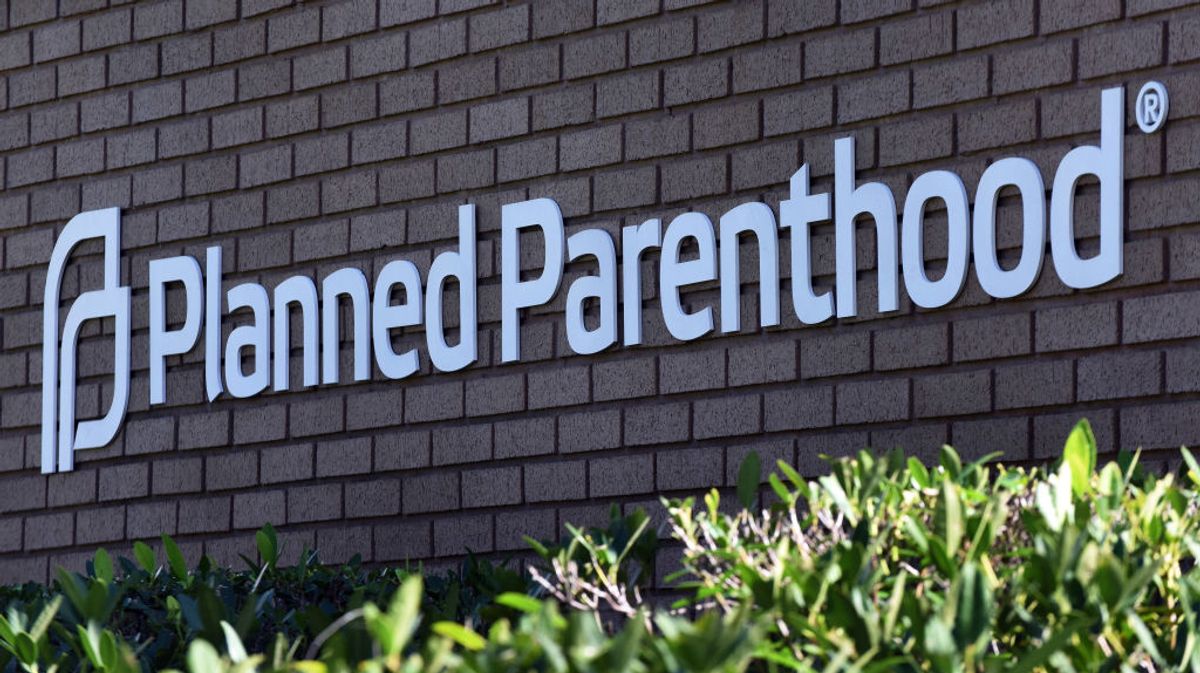Picture this: a pregnant woman in desperate need of evacuation during a crisis, and the Trump administration says "nope." What happens next? This story is about more than just policy—it's about humanity, politics, and the decisions that ripple through lives forever.
Let’s dive right into it. The phrase "Trump Admin Denies Pregnant Wife's Evacuation" has been making waves across social media and news outlets. But what does it really mean? Is it just another political talking point, or is there something deeper at play? In this article, we’ll unpack the details, explore the implications, and give you the full scoop on why this issue matters so much.
Before we get too far, let’s set the stage. This isn’t just about politics—it’s about people. A pregnant woman denied evacuation isn’t just a statistic or a headline; she’s someone’s wife, someone’s mother-to-be. Understanding the nuances of this situation is crucial, and that’s exactly what we’re here to do.
Read also:Buell Film Video The Ultimate Guide To Elevating Your Cinematic Experience
What Happened in the Trump Admin’s Decision?
So here’s the lowdown: amidst a crisis—whether natural or otherwise—the Trump administration made the call to deny the evacuation of a pregnant woman. Now, you might be thinking, "Wait, what?" And you’re not alone. This decision sparked outrage from all corners, with many questioning the rationale behind such a move.
Let’s break it down further. The administration’s decision was rooted in what they deemed “resource allocation” priorities. Translation? They thought there were more pressing needs than saving one pregnant woman. But let’s be real—how do you quantify human life? Especially when that life carries the potential for two lives?
Why Was the Evacuation Denied?
Now, the million-dollar question: why exactly was the evacuation denied? According to official statements, the decision was based on logistical constraints and the need to focus on broader-scale evacuations. Sounds reasonable, right? Well, not exactly. Critics argue that this explanation doesn’t hold water when you consider the moral responsibility to protect vulnerable populations, especially pregnant women.
Here’s the kicker: the denial wasn’t just about one person. It set a precedent—a dangerous one at that. By choosing not to prioritize the evacuation of a pregnant woman, the administration sent a message that some lives are more valuable than others. And that’s a slippery slope we don’t want to go down.
The Broader Implications
When the Trump admin denies a pregnant wife’s evacuation, it’s not just about that one instance. It’s about the bigger picture. How does this decision fit into the broader narrative of how vulnerable populations are treated during crises? And what does it say about the values of those in power?
Let’s talk numbers. According to a 2020 report by the Centers for Disease Control and Prevention (CDC), pregnant women are among the most vulnerable groups during emergencies. They face unique health risks that require special attention. Yet, in this case, those needs were seemingly overlooked. Why? That’s the question everyone’s asking.
Read also:Sydney Sweeney Erome Rising Star Talent And Everything You Need To Know
How Does This Affect Public Perception?
Public perception is everything, especially in politics. When news broke that the Trump administration had denied the evacuation of a pregnant woman, the backlash was swift and severe. Social media erupted with hashtags like #ProtectPregnantWomen and #HumanityOverPolitics. People were demanding answers—and accountability.
- Twitter users called out the decision as "inhumane" and "short-sighted."
- Facebook groups organized petitions demanding a reversal of the decision.
- News outlets ran opinion pieces questioning the moral compass of those in charge.
But it wasn’t just the public who were upset. Experts in crisis management and public health also weighed in, calling the decision a failure of leadership. And when the experts speak, people listen.
Understanding the Context: A Look at the Trump Administration’s Policies
To truly understand why the Trump administration made this decision, we need to take a step back and look at their broader policies. The Trump era was marked by a focus on efficiency and cost-cutting, often at the expense of compassion. This mindset bled into decision-making during crises, leading to choices that prioritized resources over lives.
Take, for example, the administration’s approach to disaster relief. In several instances, they faced criticism for underfunding FEMA (Federal Emergency Management Agency) and other critical agencies. Critics argued that this underfunding left the government ill-prepared to handle large-scale emergencies, let alone the needs of vulnerable populations like pregnant women.
What Does This Say About Leadership?
Leadership is about more than just making tough calls—it’s about making the right ones. When the Trump admin denies a pregnant wife’s evacuation, it raises serious questions about their leadership style. Are they more concerned with budgets and logistics than with the well-being of their citizens? The evidence suggests yes.
But leadership isn’t just about the big picture. It’s also about the small, personal decisions that add up to create a legacy. And in this case, the legacy being left behind is one of neglect and indifference toward the most vulnerable members of society.
The Role of Public Health in Crisis Management
Public health should be at the forefront of any crisis management strategy. Yet, in the case of the Trump administration’s decision, it seemed to take a backseat. Why? Because public health isn’t just about numbers—it’s about people. And when people are treated as statistics, the system fails.
Let’s look at the facts. Pregnant women are considered a high-risk group during emergencies for several reasons:
- They face increased health risks due to pregnancy-related complications.
- They require specialized medical care that may not be available in crisis zones.
- They are often primary caregivers, meaning their well-being directly impacts others.
Ignoring these realities isn’t just bad policy—it’s dangerous. And that’s exactly what happened here.
What Should Have Been Done?
Experts agree that the Trump administration could have handled the situation differently. For starters, they could have prioritized the evacuation of pregnant women and other vulnerable populations. This would have required a shift in mindset—one that values human life above logistical constraints.
Additionally, investing in disaster preparedness could have mitigated the need for tough decisions like this one. By strengthening agencies like FEMA and ensuring adequate funding, the government could have been better equipped to handle emergencies without compromising the safety of its citizens.
Voices from the Ground: Real Stories, Real Impact
Stories from those affected by the Trump administration’s decision paint a grim picture. Women who were forced to remain in crisis zones during pregnancy shared their harrowing experiences, highlighting the real-world impact of policy decisions.
Meet Sarah, a mother-to-be who was left behind during an evacuation. “I felt like I was being forgotten,” she said. “It’s one thing to be scared during a crisis, but it’s another to feel like your government doesn’t care about you.” Sarah’s story is just one of many that illustrate the human cost of poor decision-making.
Lessons Learned: Moving Forward
Every crisis is an opportunity to learn and grow. So, what lessons can we take away from the Trump admin’s decision to deny a pregnant wife’s evacuation? First and foremost, it’s a reminder of the importance of prioritizing human life in policy-making. It’s also a call to action for future leaders to rethink their approach to crisis management.
As we move forward, it’s crucial to advocate for policies that protect vulnerable populations. This means pushing for better funding for disaster relief agencies, greater emphasis on public health in crisis planning, and a commitment to valuing all lives equally.
Conclusion: Why This Matters
In conclusion, the Trump admin’s decision to deny a pregnant wife’s evacuation is more than just a headline—it’s a wake-up call. It highlights the flaws in our crisis management systems and the need for a more compassionate approach to policy-making.
So, what can you do? Start by staying informed. Share this article with your friends and family to keep the conversation going. And most importantly, hold your leaders accountable. Because when it comes to protecting vulnerable populations, we can’t afford to get it wrong.
Table of Contents
- Trump Admin Denies Pregnant Wife's Evacuation: The Untold Story
- What Happened in the Trump Admin’s Decision?
- Why Was the Evacuation Denied?
- The Broader Implications
- How Does This Affect Public Perception?
- Understanding the Context: A Look at the Trump Administration’s Policies
- What Does This Say About Leadership?
- The Role of Public Health in Crisis Management
- What Should Have Been Done?
- Voices from the Ground: Real Stories, Real Impact
- Lessons Learned: Moving Forward
- Conclusion: Why This Matters


